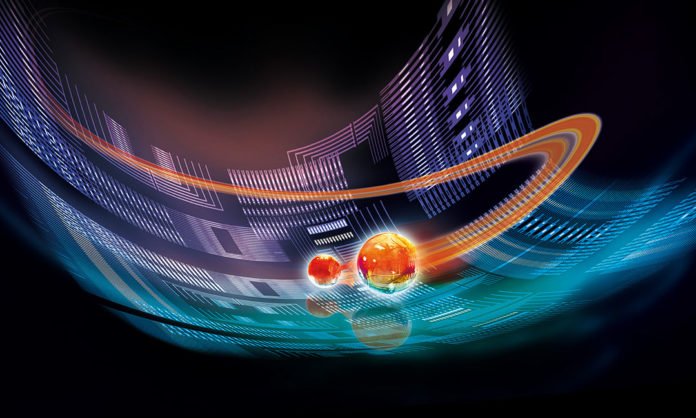Quantum chemistry endeavors to comprehend the complicated bonds and reactions of molecules with the assistance of quantum mechanics. Numerous subtle elements of a chemical reaction cannot be reenacted even with the biggest and speediest supercomputers.
Modeling these processes using quantum computers could help gain a better understanding and also opens up the way for chemical reactions that require less energy and enable the development of new catalysts.
Scientists think that this could have huge implications for industries, such as the production of fertilizers.
Now, in a new study by the Innsbruck scientists, offering a promising pathway for developing effective ways to model chemical bonds and reactions using quantum computers. Scientists have devised a new tool to solve problems in materials science, medicine and industrial chemistry using simulations.
In order to build this device, scientists used just four qubits on a 20-qubit device to run algorithms to simulate the energy bonds of molecular hydrogen and lithium hydride. These relatively simple molecules can be simulated using classical computers. Thus, it allowed scientists to check the results provided by the quantum computers under development.
Cornelius Hempel, research led said, “This is an important stage of the development of this technology as it is allowing us to set benchmarks, look for errors and plan necessary improvements.”
Scientists during the study mainly focused on what can go wrong in a promising quantum-classical hybrid algorithm known as variational quantum eigensolver or VQE. By observing different ways to encode the chemistry problem, the researchers are after ways to suppress errors that arise in today’s imperfect quantum computers and stand in the way of near-term usefulness of those machines.”
Rainer Blatt, a quantum computer pioneer from Innsbruck said, “Besides superconducting quantum bits, ion-trap technology is the leading platform for the development of a quantum computer. Quantum chemistry is an example where the advantages of a quantum computer will very soon become apparent in practical applications.”
Scientists have published their research in the journal Physical Review X.
